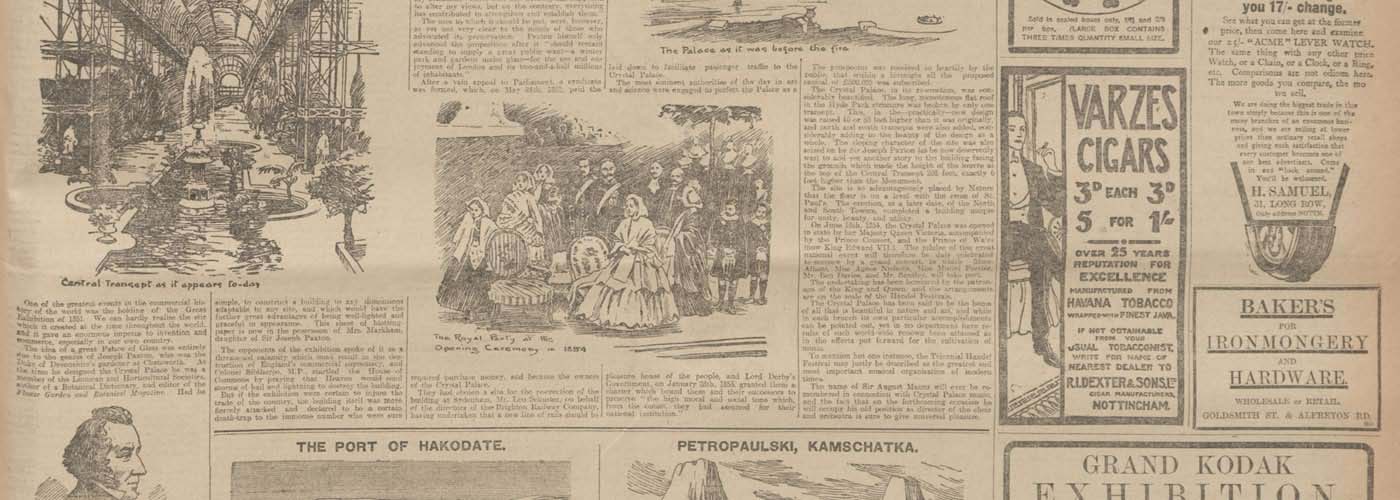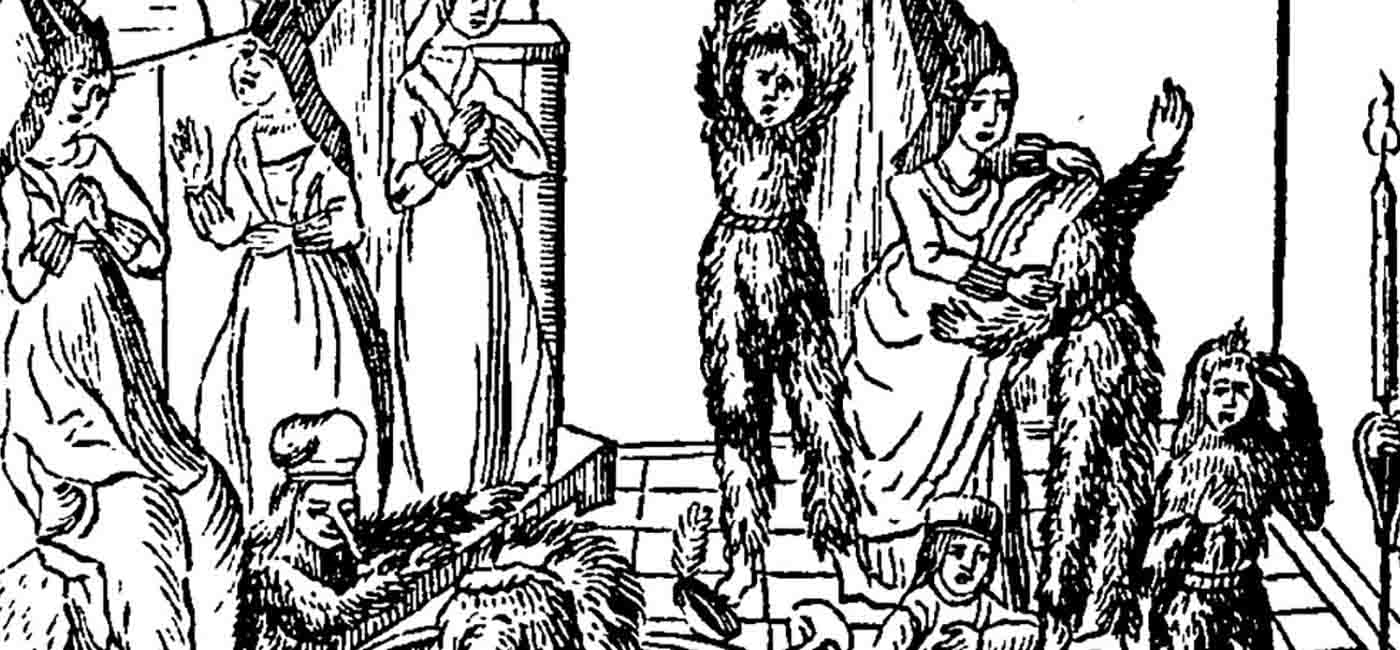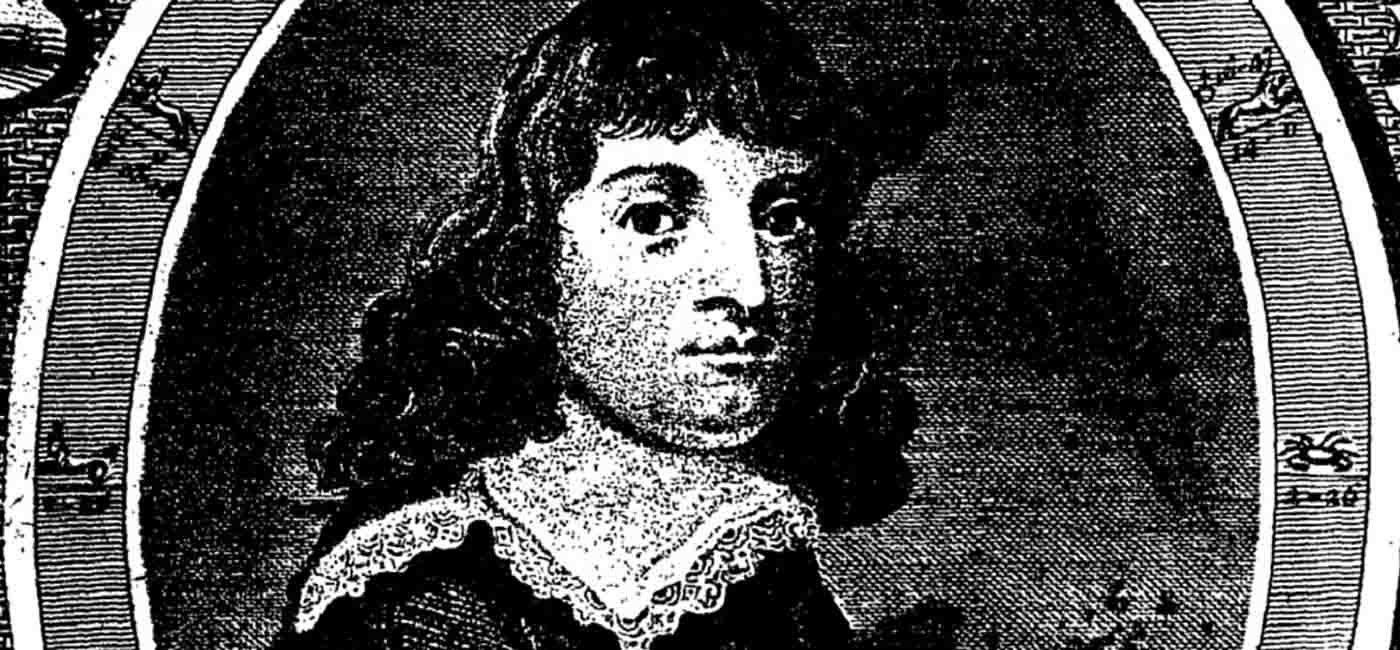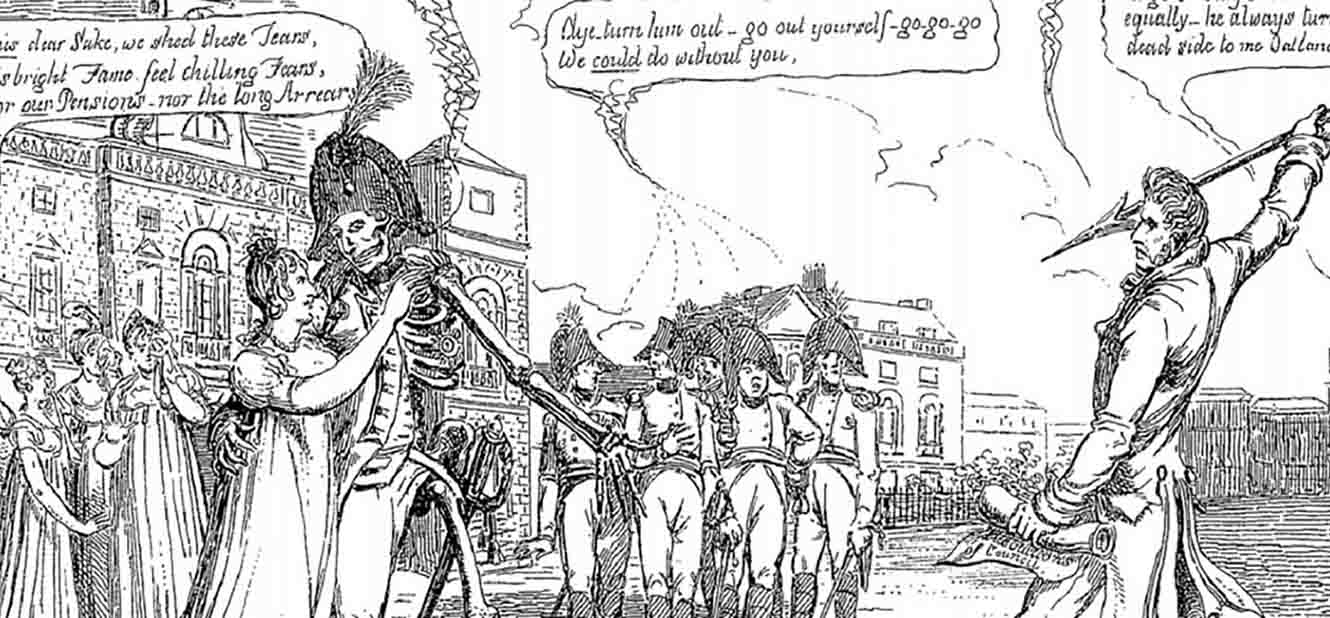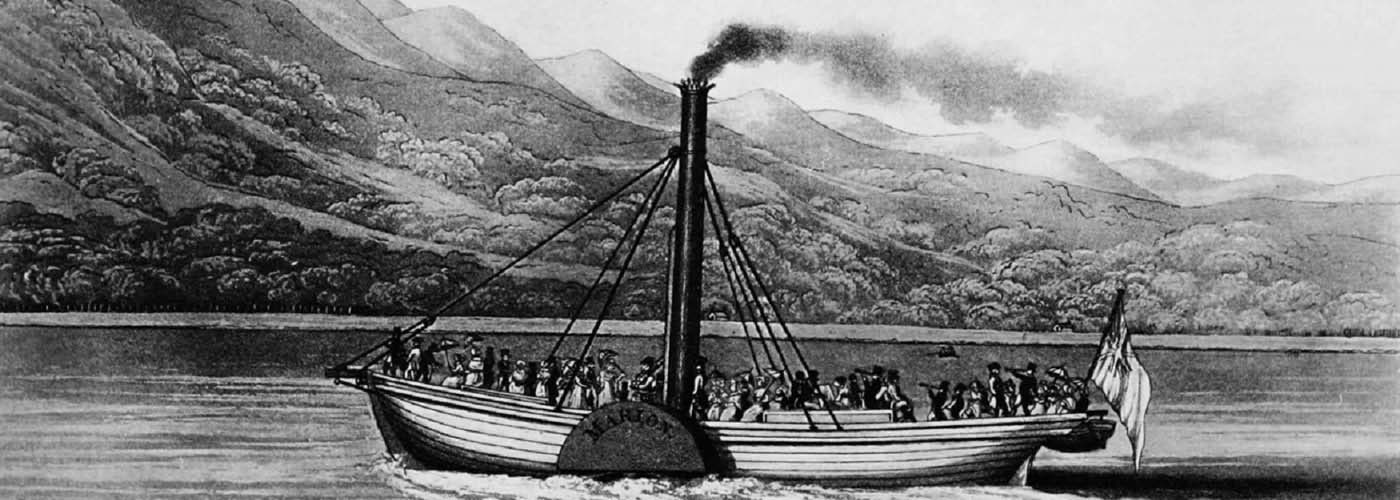A unique source for building a picture of what was happening in politics, culture and society at this time, week-by-week, year-by-year.
John Nichols (1745–1826) was a printer and former Master of the Stationers’ Company, biographer of Hogarth and Swift, and writer of a county history of Leicestershire. He began collecting newspapers around 1778 through purchasing a large share in the Gentleman’s Magazine, who had provided Samuel Johnson with his first regular employment as a writer. Not only did he collect many more materials after this, he also made them available to scholars, a tradition continued by the Bodleian Library, and now Gale. The collection contains over 150,000 pages of printed text, spanning nearly 100 years of history.Through a partnership with the Bodleian Library, Gale has digitally scanned each page of this collection, and with Seventeenth and Eighteenth Century Nichols Newspapers Collection brings these rare documents to scholars around the world in an easy-to-use, full-text searchable digital format.
Essential to the study of British history and culture in crucial periods, this collection features many rare news media resources, including:
- Applebee’s Original Weekly Journal
- Athenian Mercury
- Flying Post or Postmaster
- London Gazette
- Mist’s Weekly Journal
- Original Weekly Journal
- Post Boy
- Post Man or the Historical Account
- Tatler
Highlights:
- Full coverage of the Glorious Revolution of 1688, including James II’s General Pardon and calls for loyalty from his subjects, and the declaration of rebellion by the nobility, gentry and commonalty at Nottingham in November 1688
- Coverage of the deaths of monarchs from Charles II to George I, as well as reports on the death of James II in France in 1701
- Accounts of the movements of William of Orange and a final swift shift in loyalty from the writers of articles at William of Orange’s ascension, including a glowing report of William of Orange’s character from The Hague published after his gaining the throne as William III
- Coverage of movements in international politics, such as reports on the signing of the Treaty of Utrecht in 1713, and Queen Anne’s speech to Parliament a few days before, on securing the Protestant succession
- Issues of The Examiner, edited by Jonathan Swift, virulently supporting the new Tory ministry in 1710 and attacking the fallen Whig government. Seen side-by-side in this archive, follow the exchange between Swift and The Medley, a vehemently Whig paper begun by Arthur Maynwaring that showcases an important historical change and the development of print culture
- The Female Tatler, the first known periodical with a female editor, and all four issues of The Ladies Mercury, an early example of a periodical aimed at women
- Narratives of social change and morality, such as a series in The Weekly Packet titled ‘Against Duelling’, and the themes of issues of The Hermit, including ‘Liberty of Printing’, ‘Rebellion and Regicide’ and ‘Inhumane Treatment of the Blacks’
- Jacobite newspapers such as The Weekly Journal and its later incarnations as Mist’s Weekly Journal and Fog’s Weekly Journal
Look Inside
Additional Details
subjects covered
- Western European Studies
- Gender & Women's Studies
- Humanities & Social Sciences
- Literature
Support Materials
View and download these PDFs
Essays from Nichols Collection
- Essay by Professor Hannah Barker: London Newspapers and Domestic Politics in the Early Eighteenth Century
- Essay by Dr. Siv Gøril Brandtzæg; Advertising Novels in the Early Eighteenth-century Newspaper: Some examples from the Bodleian’s Nichols collection
- Essay by Claire Boulard Jouslin: Dealing with the ‘Fair Sex’: Women and the Periodical Press in the Nichols Collection
- Essay by Julian Pooley; University of Leicester, John Nichols and his Collection of Newspapers, Pamphlets and News Sheets, 1760–1865
- Essay by Daniel Reed: The Nichols Collection, 1666–1737: Religion, Regulation and the Development of the Metropolitan Press
Platform Features & Tools
Term Frequency
Researchers can see the frequency of search terms within sets of content to begin identifying central themes and assessing how individuals, places, events, and ideas interact and develop over time.
Topic Finder
By grouping commonly occurring themes, this tool reveals hidden connections within search terms—helping to shape research by integrating diverse content with relevant information.
Cross-Search Capability
Search across the materials of complementary primary source products, including books, in one united, intuitive environment, enabling innovative new research connections.










